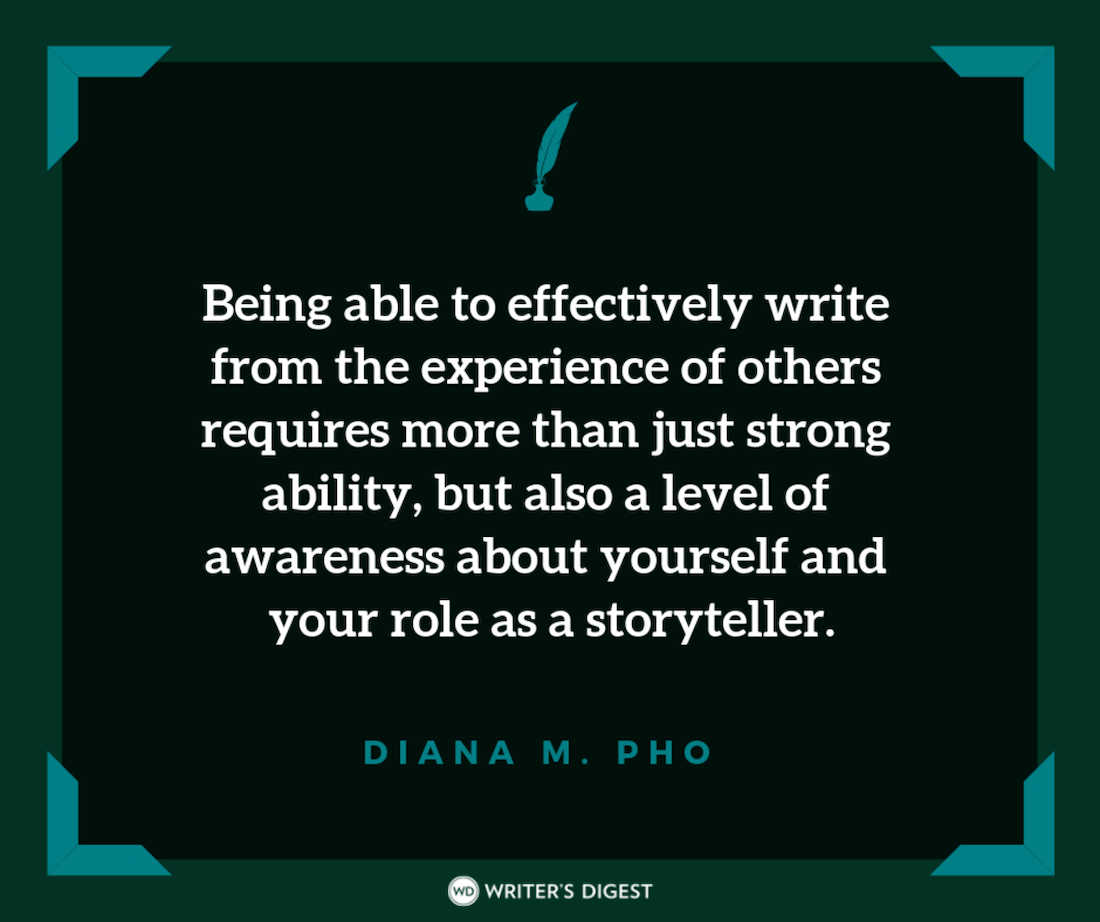Wait, Could Editors Be the Saviors of Book Publishing? (A Self-Interested View)
Pictured above: Maxwell Perkins Yesterday I took part in a Digital Book World conversation withDebbie Stier, the director of digital marketing at HarperCollins, with Guy Gonzalez moderating. There was a…
Pictured above: Maxwell Perkins
Yesterday I took part in a Digital Book World conversation with
Debbie Stier, the director of digital marketing at HarperCollins, with Guy Gonzalez moderating.
There
was a moment of conversation that felt like a real light bulb going off:
the role of editors in championing their authors.
Traditionally, aside
from nurturing authors and producing a quality book, an editor's role
has been to champion an author's book to internal sales and
marketing departments—to rally support and enthusiasm at a publishing
house. Much of the work editors do in this regard is invisible
to both authors and the readership.
At F+W, editors have been
tasked with serving as a more active and public participant in a book's
marketing—and to some extent, to serve as a face or personality for the
publisher. This makes sense for us because we publish in special-interest
areas. You can see examples of it here, here, and here.
But let's
take this a step further—editorial marketing is smart, but only works
insofar as the target readership knows the editor, trusts the editor,
and feels like they know what to expect from that editor in terms of
quality, sensibility, and value.
So, wouldn't it make sense for
editors to go beyond playing a significant role in marketing, and establish a "brand" (for lack of a better word, but what they stand for) that's
prominently and publicly known to a readership, and not tied to a
specific publisher?
As Guy commented during our session, if Chris
Anderson left Wired magazine, it would be significant breaking media
news. But when a major editor departs a book publishing house (e.g., Bob
Miller from HarperStudio last month), it often goes unheralded, known
only to those who read Publishers Marketplace.
Editors ought to start
taking the advice they give authors: build a platform, gain visibility,
and look at the long-term trajectory of your career outside a specific
publisher.
Given the pace of change nowadays (e.g., Shaye
Areheart, an imprint of Crown, closed up last week, and HarperStudio right before that),
editors' job security is more or less nonexistent.
Editors who
depend on the publisher to provide the credibility and authority for
what they do feels like a model that must change—and fortunately it can
change, if authors value them.
As far as I can tell, authors
still want (and will always need):
- Quality editing to help create a
quality book, which often only happens when a quality editor is involved - A good ear (Menaker would say a therapist), with advice/insight
from someone who's head over heels in love with an author's work, and
wants to support an author's long-term success - Nurturing and perhaps a little
hand-holding - An affiliation/partnership with someone or something that speaks to
quality and
authority in a specific community
Can editors be known for a certain kind of quality
or sensibility an author wants to be associated with—beyond the
publisher they work for? Can readers be expected to follow an editors' work? Is it a pipe dream?
For instance, does
my advice/sensibility carry any weight outside of the Writer's Digest
brand, or does the Writer's Digest brand hold the power? (Certainly it holds the marketing power.)
Does Debbie
Stier's sensibility or Guy Gonzalez's sensibility have any value
outside the brands/publishers they work for?
From a human standpoint, I'm sure we'd all say that we value ourselves for who we uniquely are rather than the specific place we work. (I'll reference Dan Blank's post yet again on this topic.)
BUT again: Can readers can
learn to recognize the quality or sensibility affiliated with a specific
editor's "brand"? Would they care?
What if editors uncovered and offered a reason to
care?
And how would publishers feel if their editors
were establishing a platform and presence that they could take with
them? (At the Digital Book World keynote, Shiv Singh addressed this
issue. Go see a recap.)
Ami Greco noted that if we're not doing
things that could potentially get us fired, we're not taking
enough risks.
Seth Godin has a similar message in Linchpin. (Here's a good summary.)
I hope
to see a movement—a revolution!—of editors who are willing to
stand up and be known for something, who create
communities of their own, maybe even form their own independent publishing
operations.
Isn't this, in some ways, how many publishers got
started? The superlative taste of a single person? This is another
potential future every editor ought to consider for themselves.
Jane Friedman is a full-time entrepreneur (since 2014) and has 20 years of experience in the publishing industry. She is the co-founder of The Hot Sheet, the essential publishing industry newsletter for authors, and is the former publisher of Writer’s Digest. In addition to being a columnist with Publishers Weekly and a professor with The Great Courses, Jane maintains an award-winning blog for writers at JaneFriedman.com. Jane’s newest book is The Business of Being a Writer (University of Chicago Press, 2018).









